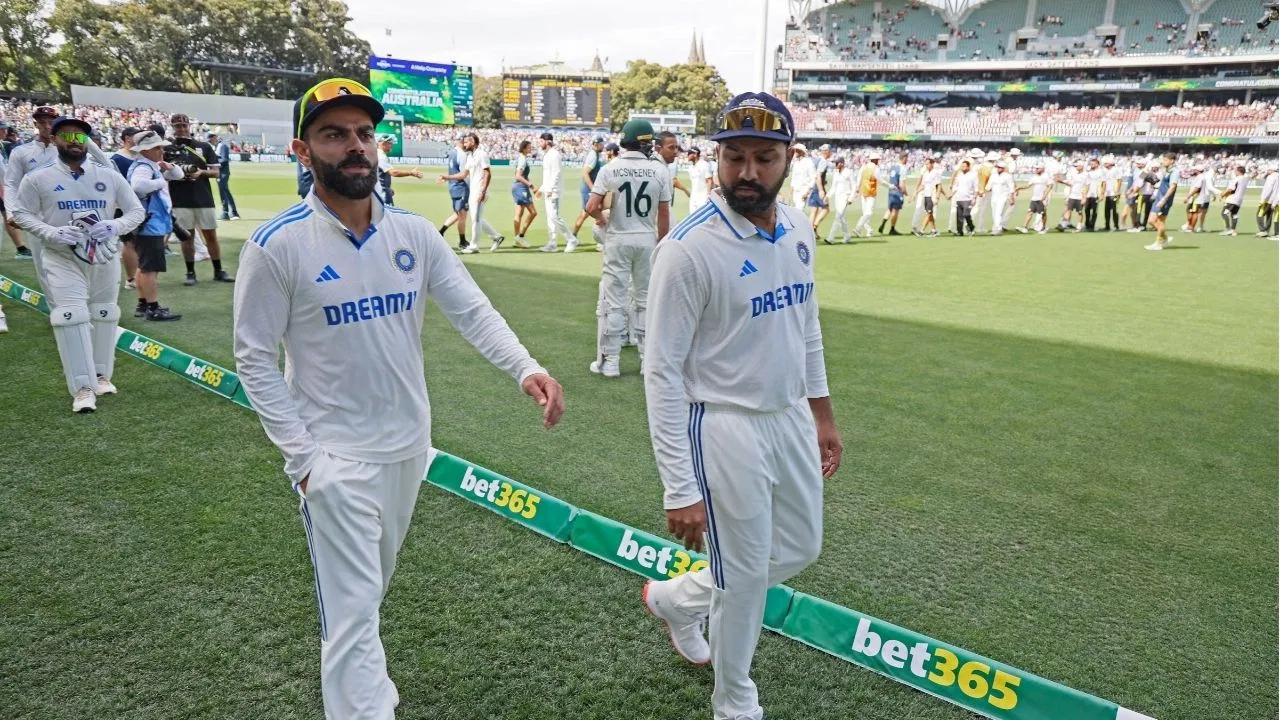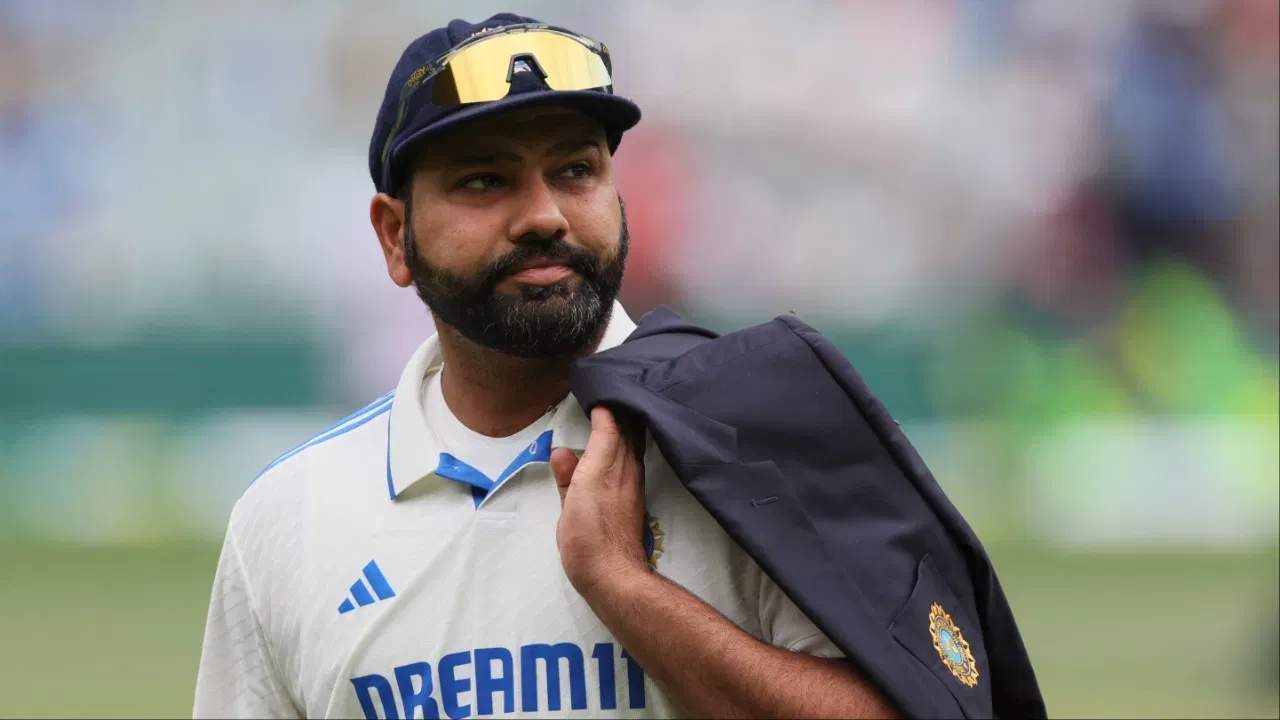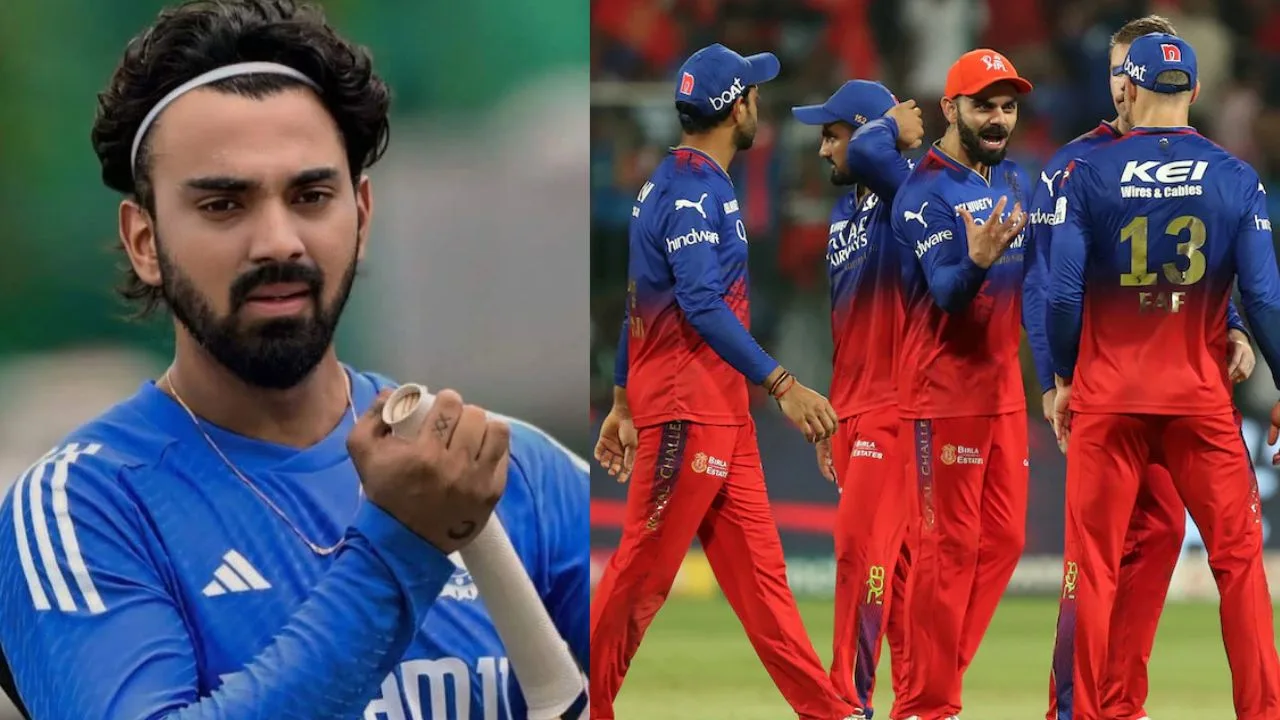The third Test match between India and Australia is being played in Brisbane, and this match is crucial for both teams, especially in the context of the World Test Championship Final. However, the first day of this contest was completely dominated by rain. Only 13.2 overs could be bowled in the first session before consistent rain forced the day’s play to be called off. As a result, the second day will now start early at 5:20 AM, with 98 overs scheduled to be played. But just before the second day, there is more bad news for fans.
Big Threat to Gabba Test
Rain could also disrupt play on the second day of the Gabba Test, which is disappointing news for cricket fans. However, the intensity of rain is not expected to be as strong as on the first day. According to AccuWeather, the temperature in Brisbane on December 15 will hover around 30 degrees Celsius with cloudy skies. Additionally, there is a 46% chance of rain in the morning, which could again interfere with the first session of the match between India and Australia. The chances of rain decrease to 25% in the afternoon, though overcast conditions will persist. In the evening, the probability of rain further reduces to 12%. Thus, rain could still interrupt play on the second day.
Notably, rain is forecast for all five days of the Gabba Test. On the third day, there is a 46% chance of rain, while the fourth and fifth days have even higher probabilities of rainfall. On the fourth day, the chances of rain rise to 67%, and on the final day, there is a 68% likelihood of rain. Given these predictions, it currently seems difficult to get a decisive result from this match.
Also Read: IND vs AUS: Team India Achieves This Feat After 10 Years, But Could Gabba Turn Into a Nightmare?
Team India Failed to Get a Wicket on Day One
In the Gabba Test, Indian captain Rohit Sharma surprised everyone by winning the toss and opting to bowl first. This was notable as India is bowling first in an overseas Test match after winning the toss for the first time in 10 years. However, the decision yielded no immediate benefit. During the 13.2 overs of play, Indian bowlers failed to take a single wicket. Local boy Usman Khawaja and young Nathan McSweeney provided Australia with a steady start. Khawaja remained unbeaten on 19 runs off 47 balls, while McSweeney was not out on 4 runs off 33 balls.









